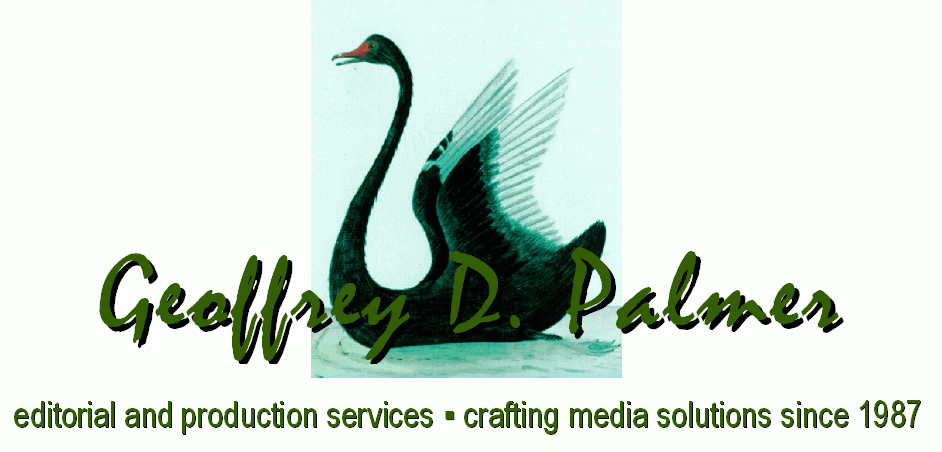Introduction
In all my life, until I met you, I never had a friend
Tom Wolfe, in an unfinished letter to Maxwell Perkins
The changes that have been sweeping through academic publishing since the 1980s are making it ever more difficult for people to look at the level of the fine detail. Much as every author's dream may still be to encounter an editor who compares favourably with Maxwell Perkins, the business environment and the continuing severe downward pressure on costs forces a rather different outcome. While no one wants to sacrifice quality or attention to detail, time and cost are now critically important.
Scope and coverage
Development editing can encompass any or all of the following:
- Ensuring that the structure of the book is appropriate for the intended audience and publication medium; and suggesting appropriate changes.
- Revising or cutting to meet contractual length requirements.
- Establishing a consistent style, while retaining the author's distinctive voice.
- Ensuring that the language is appropriate for the intended audience, and making changes as necessary.
- Reviewing punctuation, grammar, vocabulary and so on at an overview level.
- Clarifying ambiguous vocabulary and syntax. Attending to redundancy, verbosity, tautology and inappropriate jargon.
- Ensuring accessibility by attending to connections and transitions, parallels and paragraphing.
- Correcting inconsistencies in the form and use of headings, and maintaining a consistent style across headings, figure captions and table titles.
- Identifying prose that would be better presented in another form (run-on text passages containing long series of points versus displayed lists; numbered or bullet lists versus the use of tables; descriptive text versus the use of illustrations; and so on).
- Identifying statements that should be checked for accuracy, and following up as required.
- Identifying material that requires permissions clearance; attending to failure to cite sources; watching out for potential libel and plagiarism.
- Addressing issues concerning gender, ethnicity, age or other forms of unintentional bias.
Q: On your home page, you list a number of 'Cultural links'. Is there any connection between the links that you've chosen and your own work?
A: We all make cultural choices, and up to a point my links reflect choices. But beneath the surface lies a quest for 'excellence', however defined. Excellence must equate to quality, but it doesn't always have to equate to high cost. Excellence can simply be functional.
Consider wind power, for example. The conventional propellor-style turbine can be noisy, and it has to be powered so that it can be turned into the wind. On the other hand, in its simplest form, the vertical axis wind turbine (or VAWT) looks like an airport anemometer hooked up to a generator. A small unit can sit on the ridge of a house roof. It's silent in operation, and it will work at low wind speeds, regardless of the wind direction. It's just a better concept all round.
Wind power is a cultural issue because we can make choices about our ideal technology, based on our personal philosophy about human organisation, the world around us and the potential for the future.
It's all about crafting solutions. Engineers craft engineering solutions; economists craft economic solutions; I craft media solutions. What that phrase means is that I do my best to apply a set of principles that tend towards excellence, while at the same time tempering that quest with a number of constraints. As the author, it's your book, not mine. The finished product needs to speak in your voice. My role is to help it to speak as clearly as possible. Issues of time and cost must always be taken into consideration. If you need only minimal input, it's my job to make sure that I don't exceed my brief. If, on the other hand, the project could benefit from more intervention, the appropriate level has to be determined, as the outcome of a process of careful negotiation.
Quality needs to be assured, at the appropriate level. It can sometimes be difficult to pin down what 'quality' really means, and equally difficult to decide how much attention we should pay to 'standards'. I see it this way. If you make a choice in a supermarket and come down in favour of sliced bread, you then face some further options. Should you buy the cheapest offering, or should you compare the products in some other way? It's up to you. My approach would be to keep a careful eye on cost, while looking for what seems to be the best-quality loaf all round.





 ®
® blog
blog